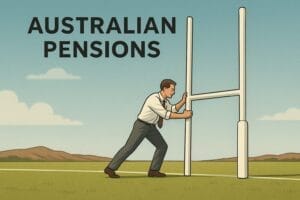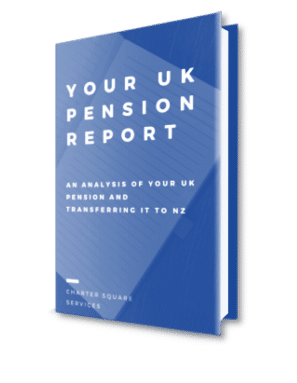The New Zealand tax regime taxes a pension transfer as personal income depending on how long you have been in New Zealand after accruing the UK pension. When you transfer a pension to New Zealand you need to calculate if you have taxable income arising from the transfer. If you do, this income goes in your tax return, and you pay tax on it at your marginal rate. Once it is invested in a scheme in New Zealand it is taxed under your prescribed investor rate (PIR).
There is now a big difference between tax rates in New Zealand
With the recent introduction of the new top tax rate there is now a wide gap between the top PIR and the top marginal rate, the rates are:
- The top PIR is 28%
- The top tax rate is 39%
This difference is important as under New Zealand rules every year your pension is left in the UK the higher the amount of taxable income you must declare when you do eventually transfer it. If you leave you pension funds to grows in the UK and then you transfer it to New Zealand, as a high rate tax payer you will need to pay tax at the rate of 39% on the income portion. However, if you transfer the funds to New Zealand sooner rather than later, the growth in the funds in New Zealand will only be taxed at 28%.
The difference between these two tax rates is best shown when looking at what the difference in value between two pension scheme funds would be, one based in the UK versus one based in New Zealand.
To paint a simple picture….if the funds performed at the same growth rate after fees (5% a year) and were each worth $100,000 to start with and the only difference was tax and when and how it is levied, on income or on growth. For the purposes of this first set of analysis we have also assumed that the UK transfer has the income calculated under the schedule method and the investments in New Zealand use the foreign investment fund rules for determining the taxable income on the funds. These two sets of rules are broadly the same (and allow us to assume an equivalent offshore investment for each scheme).
All things being equal you would be better off transferring sooner rather than later
Our analysis shows that you would be better off to transfer to New Zealand as soon as you are certain your circumstances align with transferring, as the longer you leave a transfer the more value you lose as eventually you will pay a higher tax bill bringing the funds into New Zealand.

The longer you leave a transfer the greater the tax differential
Looking at the tax as a percentage of the original transfer value shows the longer you leave the transfer the higher the percentage of the original fund value is lost by delaying the transfer. In an interesting quirk because the tax method employed by the IRD in New Zealand to calculate the taxable income caps out the benefits of an early transfer reduce once you have been in New Zealand for longer than 30 years.
When using the example of 5% growth, the tax loss ends up reaching over 30% of the original starting value. If the growth forecast is increased to 7% a year (from the 5%) then the tax loss gets up to over 50% of the original starting value.
The tax difference can be greater still
The above analysis is predicated on the New Zealand investments falling under the FIF rules. However, New Zealand based funds often have lower tax rates still, as the majority of the growth has come from capital gains. Looking at the effective tax rate of a leading fund in New Zealand showed it was around 6% (rather than the 28% PIR used in the previous analysis). When this is factored in, results are even more starkly in favour of an early transfer. With the tax loss ramping to over 100% of the original value of the pension.

As can be seen it pays to understand the tax consequences of a pension transfer and how these can be used to your advantage. We recommend that you seek professional advice before engaging in a pension transfer.



